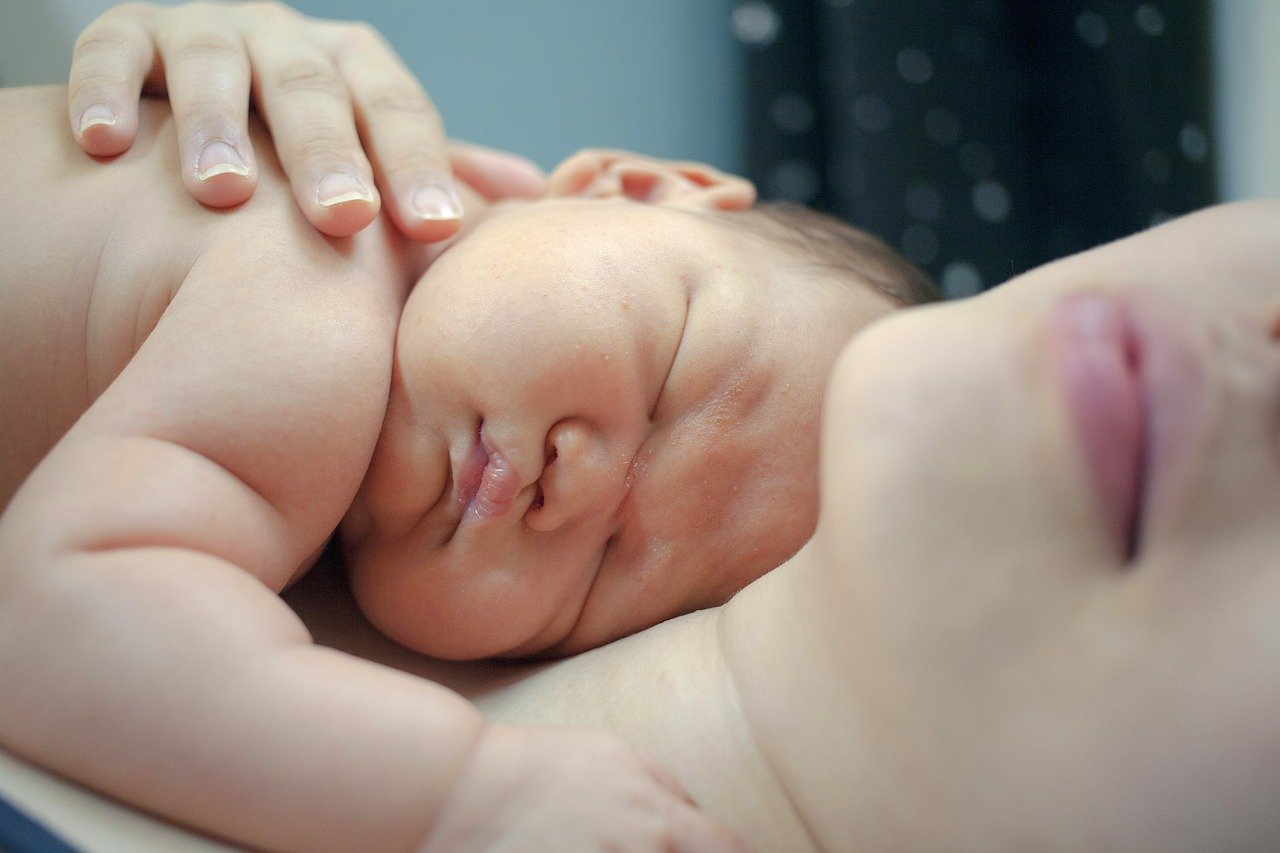
When parents hug their babies, their children experience greater heart rate slowing, according to a study published in the journal iScience.
The researchers investigated the heart rate responses of infants as young as four months when they are being hugged instead of simple being held.
The slowing of heart rate only happens when parents hug their babies and not when the hug is from a stranger.
The findings revealed the importance of hugs in early bonding between parents and their children.
"Like most parents, we love to hug our children," says first author Sachine Yoshida of Toho University in Tokyo, Japan. "We also know that children love to be hugged by their parents. But what surprised us as scientists is how little we know about hugging."
Yoshida along with Hiromasa Funato and their colleagues looked into heart rate responses in infants less than one year. The responses during a hold, a hug, and a tight hug were evaluated. They also probed what happens when a female stranger hugged the infants instead.
"The infants older than four months old showed a high increase ratio of heartbeat intervals during hugging by their parents than by female strangers," Yoshida said.
"Parents also showed a high increase ratio of heartbeats intervals by hugging their infants. We found that both infants and parents come to relax by hugging."
R-R interval
The team found an increase in the R-R interval (RRI) in parents and infants during their hug through an electrocardiogram. The R-R interval refers to the time between a particular waveform that assesses the heart's electrical activity. Meanwhile, the increased time manifests a slowed heart rate.
Results showed that infants younger than four months did not manifest the same RRI increase during a hug. However, those young infants had a slowed heart rate when they received some pressure from a parent's hand on their back while being held.
Observations suggest that they did not establish the same distinction as older infants between being held and being hugged
In addition, the researchers expected a hug would alter an infant's behavior, turning an unstable mood into a good one. However, they were surprised when only infants who were neither crying nor fussy showed the calming effects of a hug.
"Due to this inconspicuous feature, we think that the experimental data indicating the relaxing effect of a parent-infant hug had been a missing piece for a while, even though there was much situational evidence," Funato says.
"Your baby loves to be hugged and loves how you hug your baby," Yoshida adds. "Even though infants cannot speak, they recognize their parents through various parenting methods, including hugging, after four months old at latest. We hope that knowing how your baby feels while being hugged help ease the physical and psychological workload of taking care of infants too young to speak."
Babies' altruism
Another study revealed that baby shows signs of altruism.
The study, which examined the beginnings of altruism in humans, showed how hungry babies were willing to give up food and give them away. The researchers studied almost 100 babies who were 19 months old.
Andrew Meltzoff, co-director of the Institute for Learning & Brain Sciences at the University of Washington, said the babies “looked longingly at the fruit, and then they gave it away! We think this captures a kind of baby-sized version of altruistic helping.”
Results revealed that more than half of the babies in the test group, who were affected by the adult’s obvious desire for the treat, picked up the fruit and gave it to the adult.
Barragan said: “We think certain family and social experiences make a difference, and continued research would be desirable to more fully understand what maximizes the expression of altruism in young children.”






